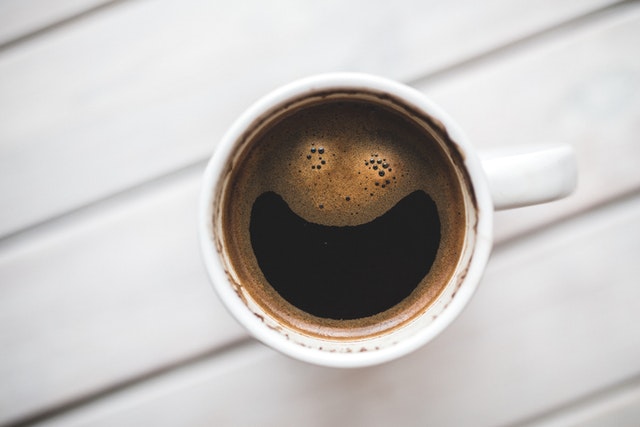Coffee is a beloved drink globally for a number of reasons. Aside from getting high praises thanks to its reputation for keeping people alert and awake, research has been done as to how it affects human moods overall.
It's not unusual for people who regularly consume coffee to feel more energetic and alert. This is largely thanks to their stimulant properties, which are controlled by adenosine molecules. Caffeine blocks adenosine receptors, thus allowing the receptors to do their job (which is, again, being blocked by caffeine). The process is said to be good at boosting memory.
By tricking the brain into releasing dopamine, caffeine can stimulate the reward center of the brain while also stimulating the rest of the central nervous system. The result is a sense of euphoria that increases alertness and makes it easier to focus.
Yes, Caffeine Can Affect Moods
In a small pilot study, caffeinated coffee was found to have a more robust positive effect on high-level mood and attention processes than decaf. However, a subsequent study reported that the positive effects only occurred under certain conditions, including when the caffeine was consumed prior to the task and not after the task.
The sex drive of a person can also end up getting affected by caffeine intake. Research indicates that caffeine consumption may be associated with increased production of dopamine receptors in the brain, which could lead to an increase in arousal following the intake of caffeine.
Caffeine & Depression
A 2016 meta-analysis supported the idea that coffee may help to prevent depression and that amount of coffee consumed would have an effect on the likelihood of experiencing depression. If a person drinks up to 300 milligrams of caffeine (about 4 cups of coffee) each day, this person is less likely to experience depression.
That said, there have also been specific studies looking into the link between depression risks and caffeine consumption, such as:
1. A longitudinal study completed by 50,739 women (average age 63 years) suggests that women who drink two to three or at least four cups of caffeinated coffee per day have a lower risk than those who consume one cup of caffeinated coffee in a week of developing depression. Decaffeinated coffee had no impact on depression risk.
2. A study of 10,177 Korean National Health and Nutrition Examination Survey participants aged 20 to 97 years, which was conducted in cross-section form, suggested a small protective effect of coffee on the risk of depression.
3. A study of the coffee consumption habits of the male Finnish population found that coffee drinkers were 77% less likely to be diagnosed with depression than those that did not drink coffee. When tea was removed from the analysis, the effect was no longer statistically significant; however, when other sources of caffeine were taken into account (such as soda or chocolate), heavy coffee consumption remained protective for depression.
Conclusion
Coffee is most known for having caffeine which helps people to stay awake. However, there are also other effects that caffeine can have ranging from arousal to euphoria, depending on certain circumstances. All told, a solid cup of coffee is certainly a great way to start the day especially if a person is feeling rather glum.
Need a mobile coffee service for your event? Reach out to Lygon Coffee today! We’re the ultimate in Adelaide mobile coffee with consistent top-notch service.




Add Comment